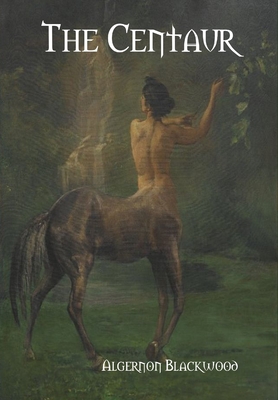What do you think?
Rate this book


294 pages, Hardcover
First published January 1, 1911
"A sensitive man of spiritual temperament is wandering the world, unsure of his place in it. Eventually he encounters some strange experience that forever changes his perspective on the world, so that no matter how he tries, he cannot return to his old life. Instead, he becomes obsessed with this 'other world' of which he's caught a glimpse, abandoning his other life and alienating those around him. At last he finally reaches his goal, and passes from the world as his former friends remark what a pity it was that he wasted his potential in favor of his odd interests."
